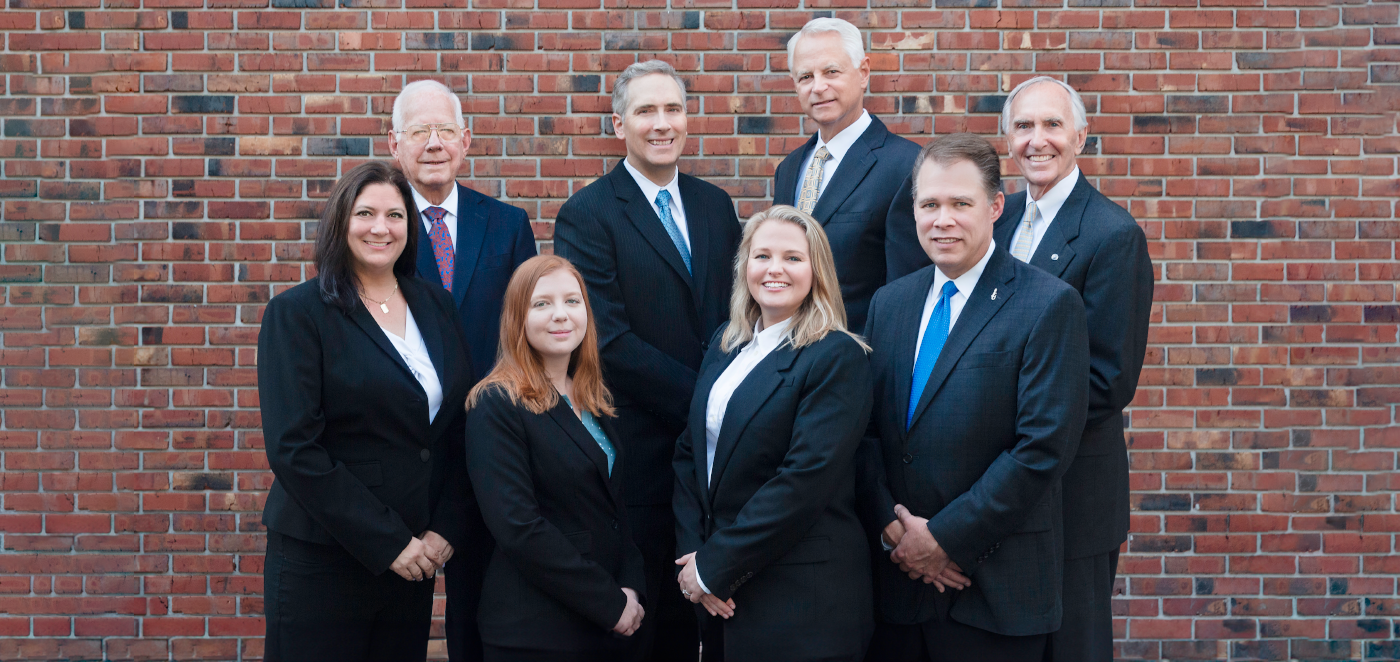Trying to manage all of a loved one’s affairs upon his or her passing can create quite a challenging time for many here in Florida. Fortunately, if you are suddenly facing the role of an estate’s executor or administrator, there is professional help and assistance readily available to you. One of the first things that could add value to your situation is gaining an understanding of how the probate process works.
Probate is the legal process of administering and settling a deceased individual’s estate. In some cases, you must follow formal guidance from a will upon its validation, while in other instances, there is no will, which the court refers to as the person dying intestate. Either way, the probate process can allow for bank accounts, real estate properties, retirement accounts, valuable heirlooms and many other assets to be appropriately distributed.
What happens when there is a legal will?
A testator is the legal term for an individual who establishes a will. In most cases, there is a formal declaration of an executor within a will that authorizes this individual to handle many of the intricacies involved in the probate process. After the executor initiates matters by filing the will, the probate court can then legally authorize the executor to tend to many of the estate-related affairs of the deceased, including the following and more:
- Filing the deceased’s final personal income tax return
- Paying off any debt and tax obligations of the testator’s estate
- Finding and overseeing all of the testator’s assets
- Determining an estimated value of the estate
Once all the responsibilities are complete, the probate court can provide authorization for the executor to distribute any remaining assets in the testator’s specified manner to the beneficiaries.
What happens when there is no legal will?
In situations where the deceased died intestate, the probate court appoints an administrator to handle the estate-related affairs. This includes all the executor’s responsibilities above along with locating all the testator’s legal heirs. After the completion of these duties, the probate court has the authorization to distribute the estate’s assets in what it deems as an appropriate manner.
Trying to prepare for all the complexities involved in the probate process as an executor or administrator may have you justifiably feeling somewhat stressed and overwhelmed. However, with guidance and support from an experienced attorney, you can significantly increase your odds of settling the estate in the most efficient manner possible with minimal to no missteps or complications.

